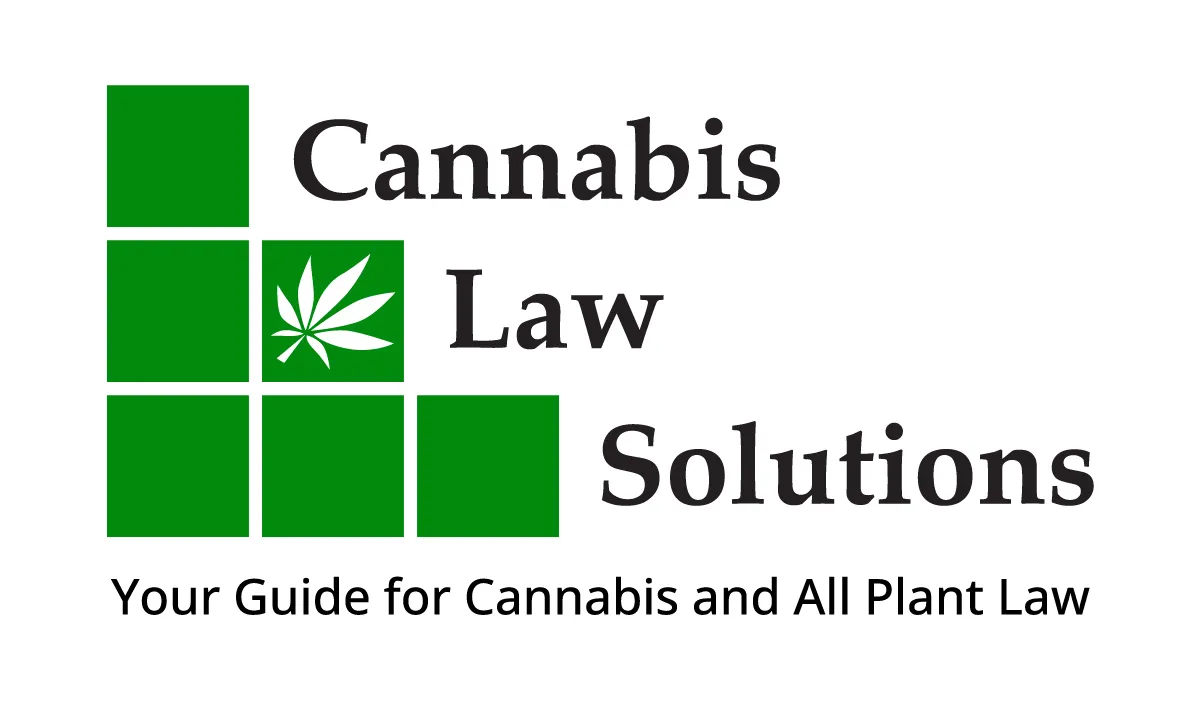Micah Bucy – July 20, 2022
In perhaps some of the first cases involving cannabidiol oil (CBD) and the federal Americans with Disabilities Act (ADA) since the 2018 Farm Bill was enacted de-scheduleding hemp, two federal district court cases provided mixed results. Embedded in these decisions are some takeaways that employers and employees alike should use as a guidepost when dealing with CBD usage in the workplace.
One of the decisions was issued by a Louisiana federal district court, Huber v. Blue Cross & Blue Shield of Florida, Inc., which ruled that the employee-plaintiff’s ADA claim for reasonable accommodation could proceed to trial. In Huber, the plaintiff had worked for her employer for more than 15 years but was terminated from her position as an IT Business Analyst in 2019 after testing positive for THC. In denying her former employer’s motion for summary judgment, the court relied on the fact that the employer was aware of the plaintiff’s disability, her use of CBD oil, and employer assurances to plaintiff that a positive result would not result in termination of employment.
On the flip side is Rocchio v. E&B Paving, LLC, which is an Indiana federal district court case that granted an employer summary judgment on an employee-plaintiff’s ADA claim. In ruling for the employer, the court relied heavily on the fact that the employer did not know the employee’s positive test was the result of CBD oil and that the employee’s post-hoc rationalization was insufficient because the employer had a zero-tolerance drug policy in place.
There are a few takeaways from these two cases. First, because CBD is legal under federal law, federal claims involving CBD can survive motions to dismiss, summary judgment, and may proceed to trial. Second, from an employer’s perspective, it is imperative to have a written workplace policy that is available for all employees to review. Third, again from an employer’s perspective, it may be wise to refrain from drug testing except as mandated by government contracts, after incidents, or upon reasonable suspicion. And fourth, from an employee’s perspective, you need to be aware of your employer’s drug-testing policy and adhere to that policy to the letter which may include advising your employer about your disability and CBD treatment.
 717-703-0804
717-703-0804